小学部“和融教育”
食 育 探 究
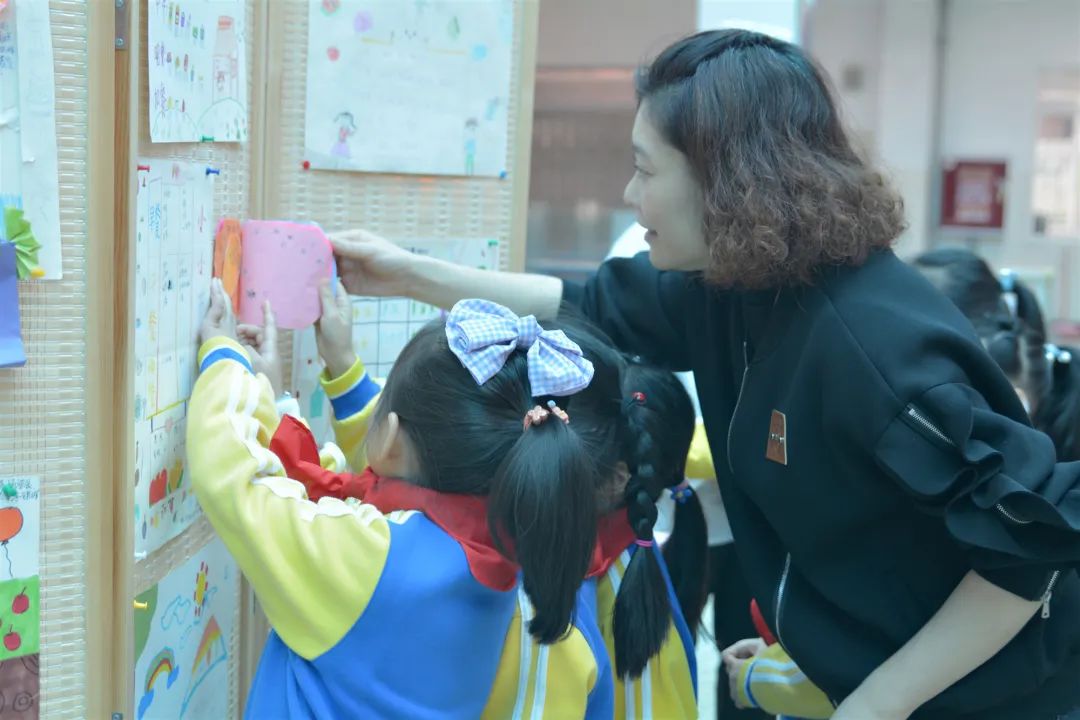
《汉书郦食其传》有云:“王者以民为天,而民以食为天。”可见饮食对于我们的重要性。“食育”是以食物为载体的全方位教育理念,体育、智育、才育归根到底皆是 “食育”。我校不仅为孩子们提供营养全面的餐食,而且非常强调在“食”中融合“育”的内容。从本学期开始,小学部的食育教育进入课程,由综合实践教师们承担教育教学内容。
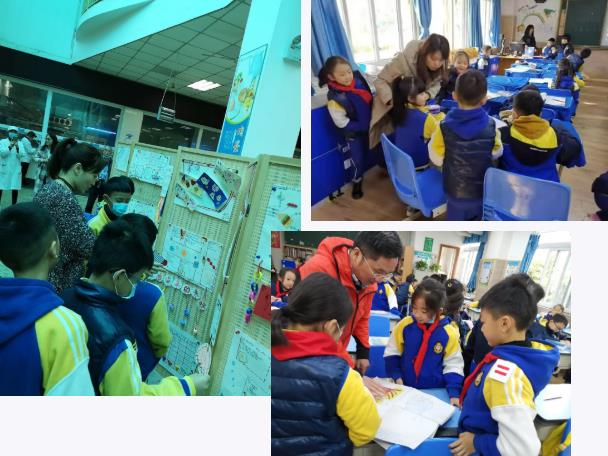
"The Biography of Li Shiqi in Hanshu" says: "The king regards the people as the heaven, and the people regard food as the heaven." It shows the importance of food to us. "Food education" is an all-round education concept based on food. Sports, intellectual education, and talent education are all "food education" in the final analysis. Our school not only provides children with comprehensive meals, but also emphasizes the integration of "education" in "food." Starting from this semester, food education in the elementary school enters the curriculum, and Comprehensive Practice teachers undertake the education and teaching content.
探究一:食物与文化
Exploration 1: Food and Culture
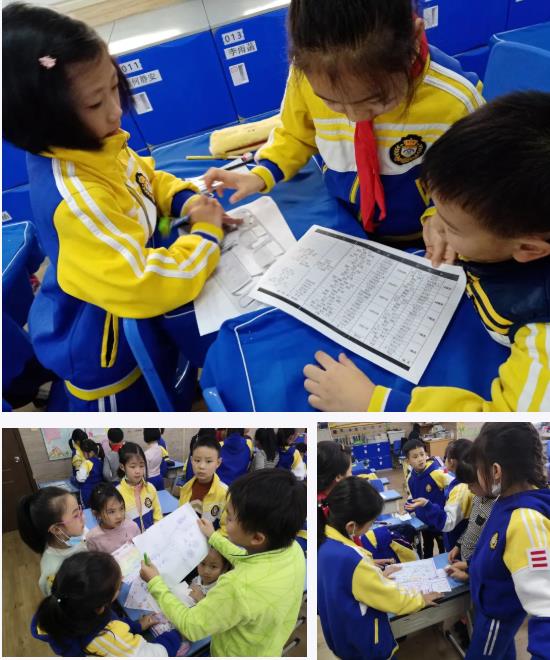
食育课程
食物与文化
在综合实践课上,老师们都会根据节气与时令习俗,带领孩子们从“了解食物”的角度去了解中国传统文化内涵,从而,认识到食物之于生命健康的意义。
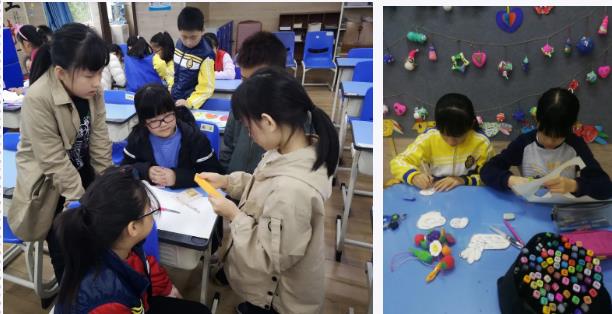
In the comprehensive practice class, teachers will lead the children to understand the connotation of traditional Chinese culture from the perspective of "understanding food" based on solar terms and seasonal customs, and thus realize the meaning of food for life and health.
探究二:食物与营养
Exploration 2:Food and Nutrition
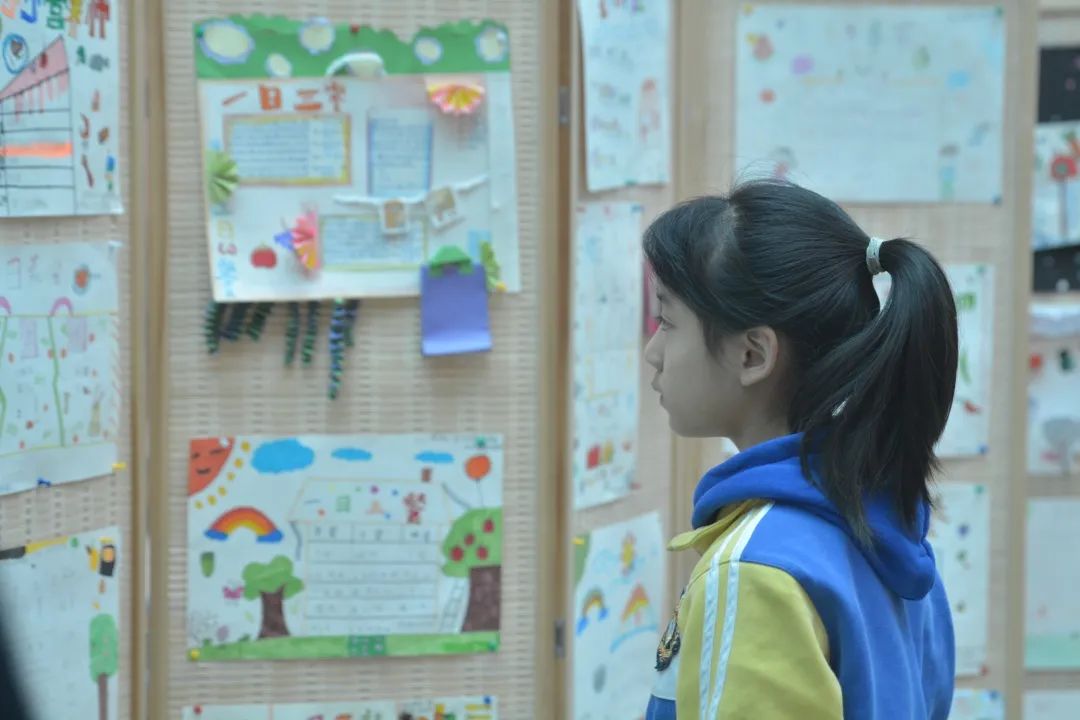
食育课程
食物与营养
不同年龄段的课程中,老师们带领孩子从身边熟悉的食物入手,了解营养元素。孩子们在认知层面,了解到维持健康的生命体征所需要的七大类营养素及其功效;从情感层面,了解到想要营养均衡,就不能挑食和偏食;从能力层面,每个年级的孩子都动手操作了自定义“食谱”。
In courses for different age groups, teachers lead children to start with familiar foods around them to understand the nutritional elements. At the cognitive level, children understand the seven types of nutrients and their effects required to maintain healthy vital signs; at the emotional level, they understand that if you want a balanced nutrition, you can’t be picky or partial. At the level of ability, each grade children have all started to operate their own "recipe".
探究三:喜欢的?营养的?
Exploration 3:Like?Nutritious?
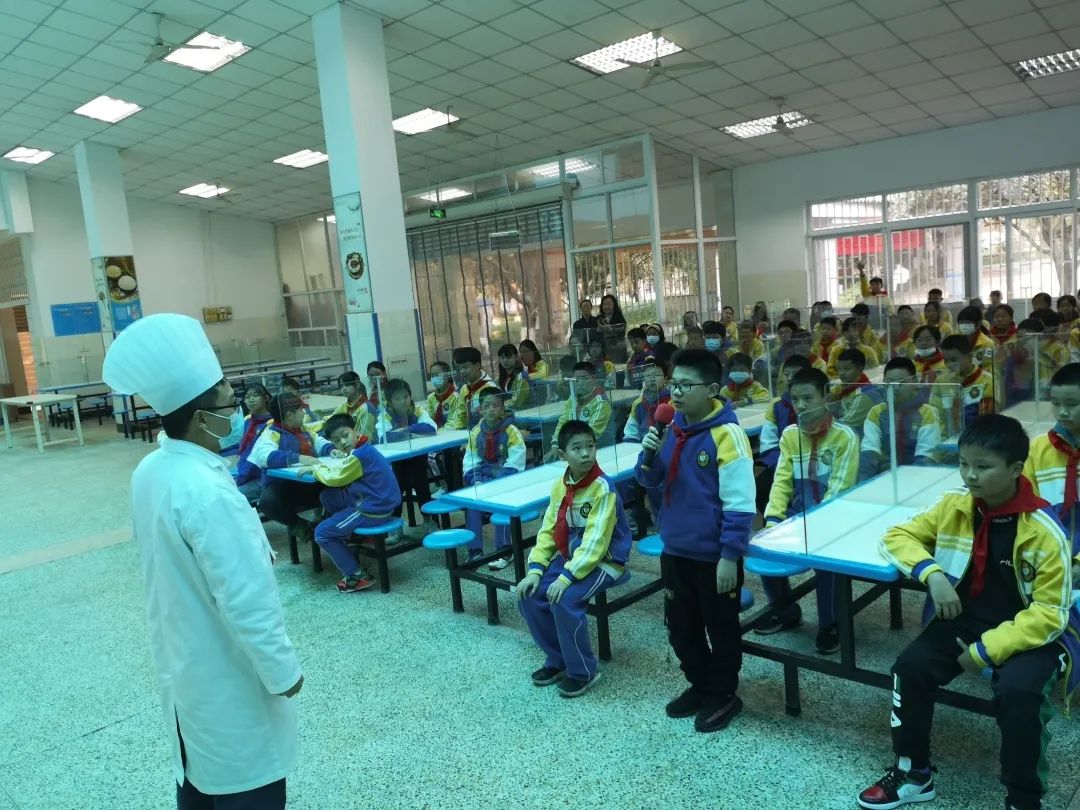
食育课程
喜欢与营养
我们从孩子们的兴趣点出发,尊重他们的想法,带领孩子们走进他们熟悉的餐厅,与厨师叔叔对话:
“我喜欢吃炸鸡翅……为什么……”
“我喜欢吃冒菜……为什么……”
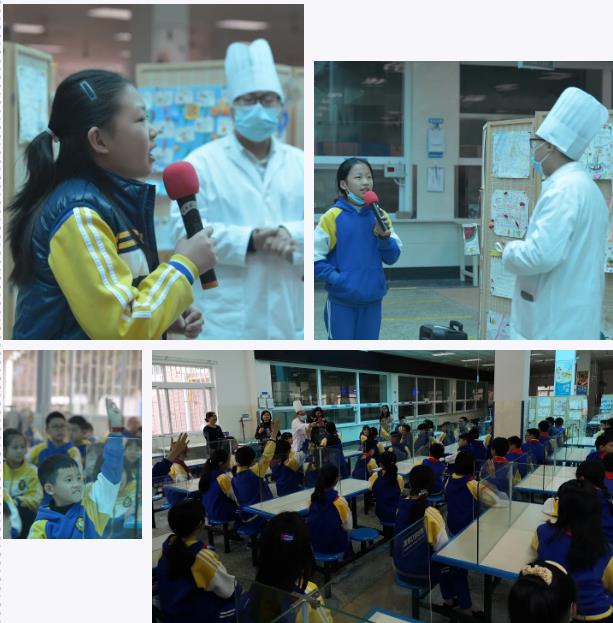
In the comprehensive practice class, teachers will lead the children to understand the connotation of traditional Chinese culture from the perspective of "understanding food" based on solar terms and seasonal customs, and thus realize the meaning of food for life and health.
参观后厨
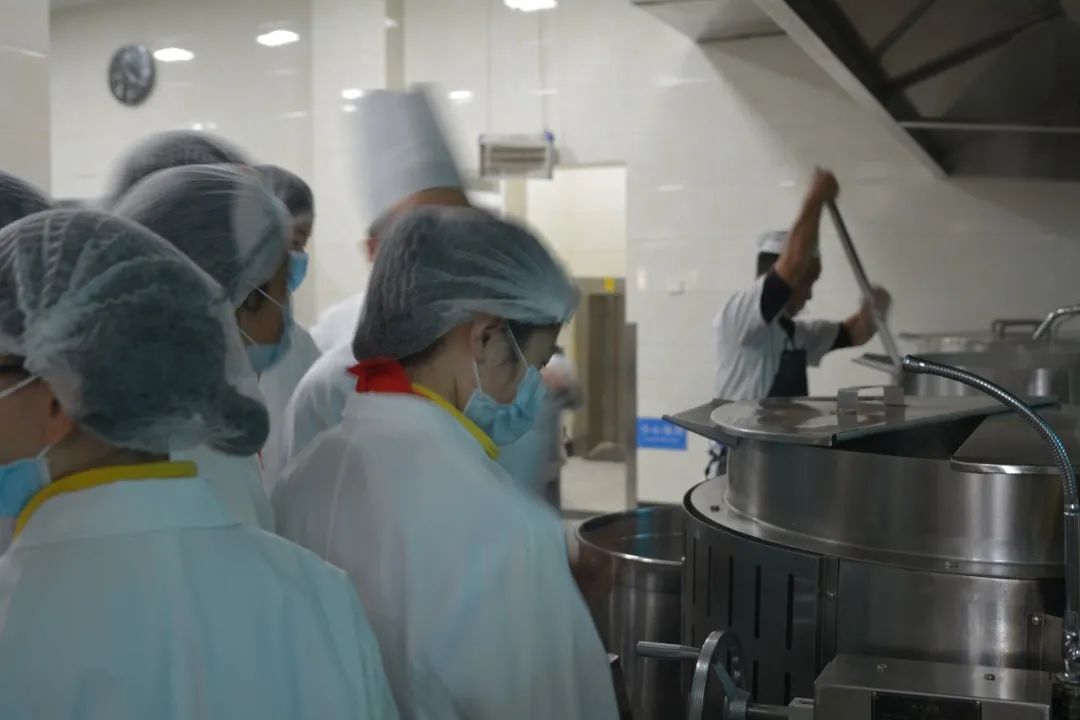
此次活动得到了学校后勤陈校长和学校餐厅负责人张贡平主任的大力支持。学生们分年级欣赏自己设计的食谱,餐厅张主任向孩子们介绍了餐厅食谱指定的原则及餐厅的运作流程,并耐心讲解了如何营养地合理搭配饮食。随后,孩子们在老师和餐厅工作人员的带领下参观了学校餐厅后厨。
This event was strongly supported by the school's logistics Principal Chen and the school's restaurant Director Zhang Gongping. The students admired the recipes they designed by grades. Director Zhang of the restaurant introduced to the children the principles of restaurant recipe designation and the operating process of the restaurant, and patiently explained how to properly match the diet nutritionally. Afterwards, the children visited the kitchen of the school restaurant under the leadership of the teachers.
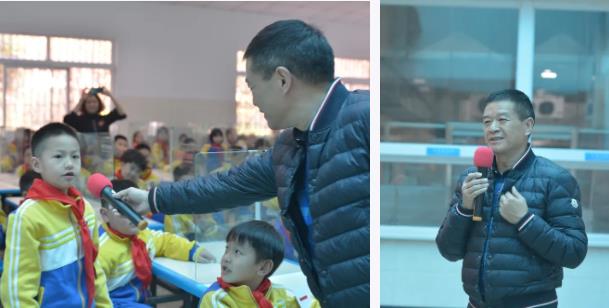
在交流里,学生们认识到,仅仅是喜欢还不够,食物提供的养分不同,人体摄入量也有差异,看来“吃饭”里真的藏着好多值得探究的话题……
孩子们更开心的是,后勤陈校长与厨师叔叔肯定了大家的思考,并告诉孩子们,会从孩子的营养健康的配餐设计中,选择最健康的纳入校园餐食配置里哦!
During the communication, the students realized that just liking is not enough. The nutrients provided by the food are different, and the human body intake is also different. It seems that there are a lot of topics worth exploring in the "meal"...
The children are even more happy that the logistics principal Chen and the uncle chef affirmed everyone's thinking and told the children that they would choose the healthiest food configuration from the children's nutritional and healthy catering design!
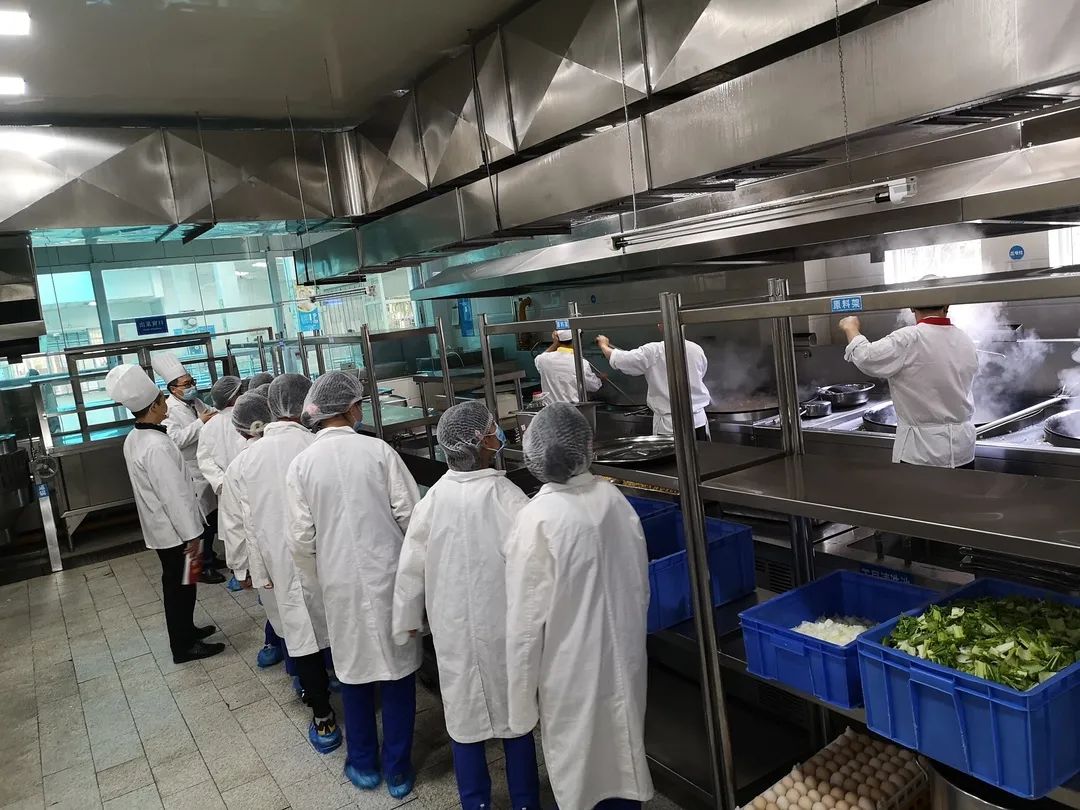
“一粥一饭,当思来之不易;半丝半缕,恒念物力维艰。”纪校长在食育教育行动之初就给孩子提出这样的期望,在高度文明的时期,谦谦君子该如何思考“食物与人类”的关系呢?
让孩子学会“吃”,还要吃出健康,这是我们的家校共识。看似很寻常的关于“吃”的话题,将继续伴随孩子后期的探究行动……
“食育课程”正在路上,你有参与吗?
"One porridge, one meal, when thinking is hard to come by; half a thread, half a thread, constant thinking about material resources." Principal Ji put forward such expectations to children at the beginning of the food education campaign. In a highly civilized period, what should a gentleman or a lady of moderation think about the relationship between "food and humans"?
Let children learn to "eat" and eat healthy food. This is our home and school consensus. The seemingly common topic of "eating" will continue to accompany the children's later exploration actions...
"Food Education Course" is on the way. Have you participated in it?




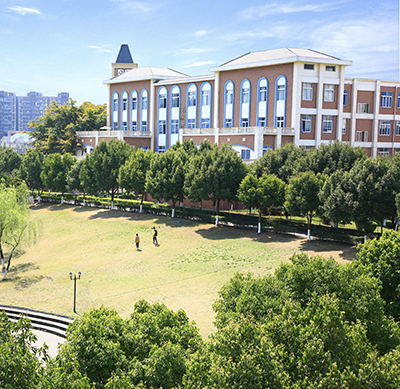

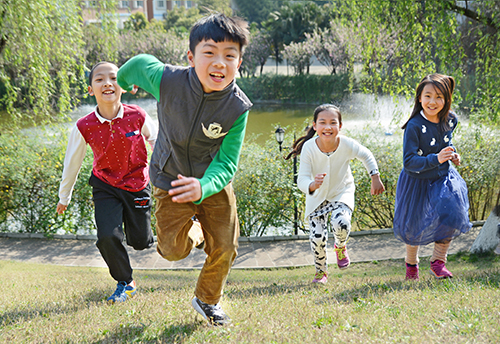
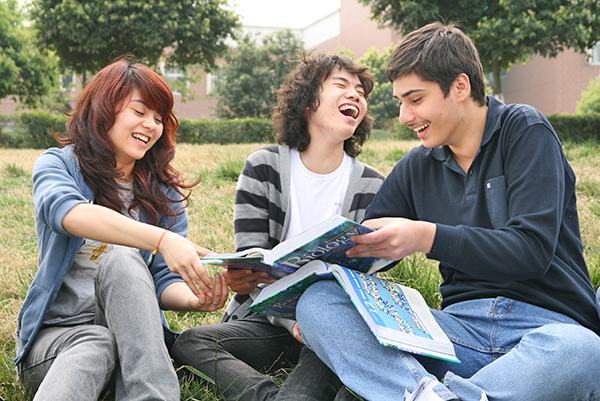
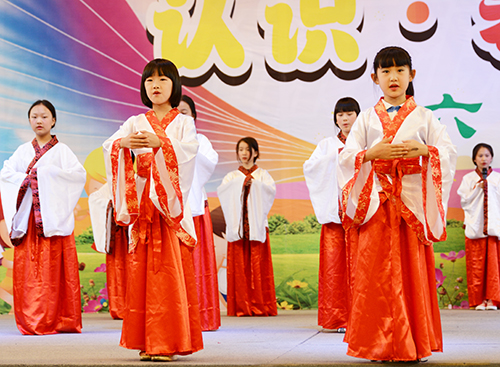








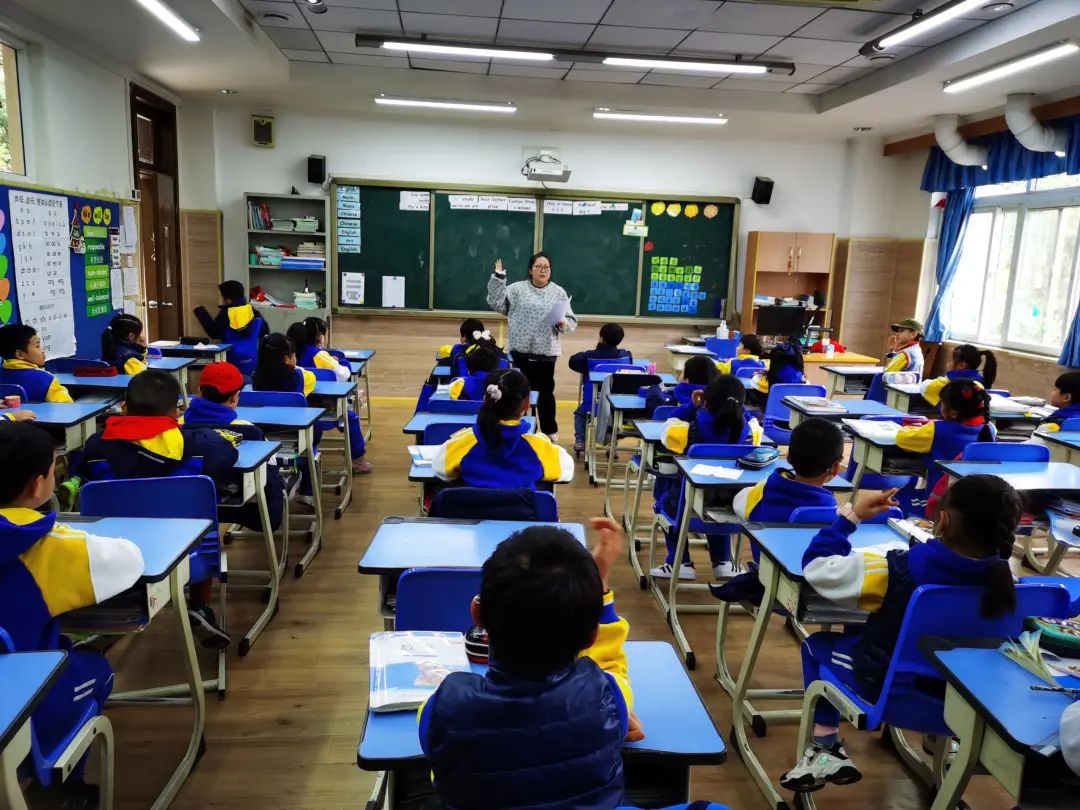




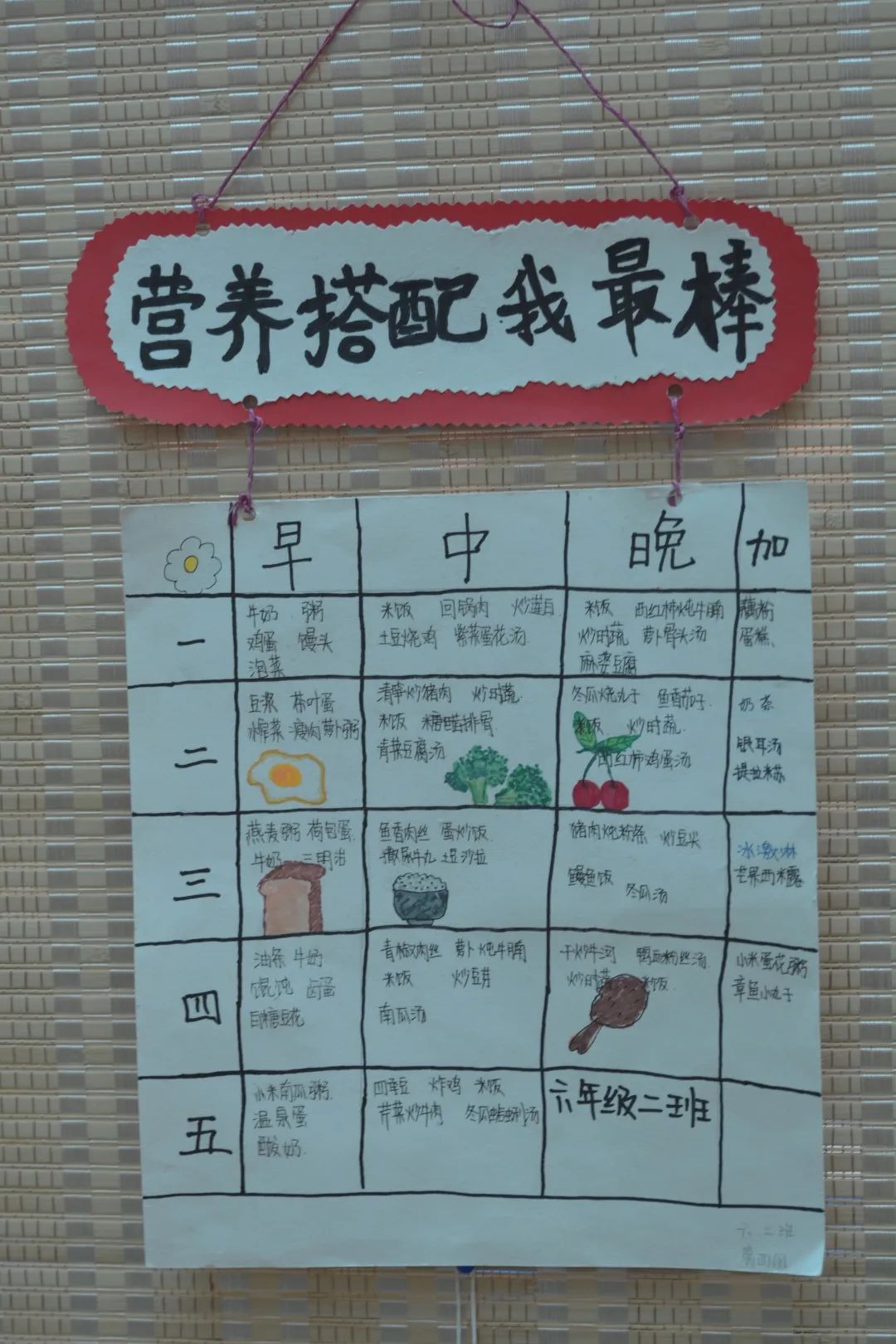
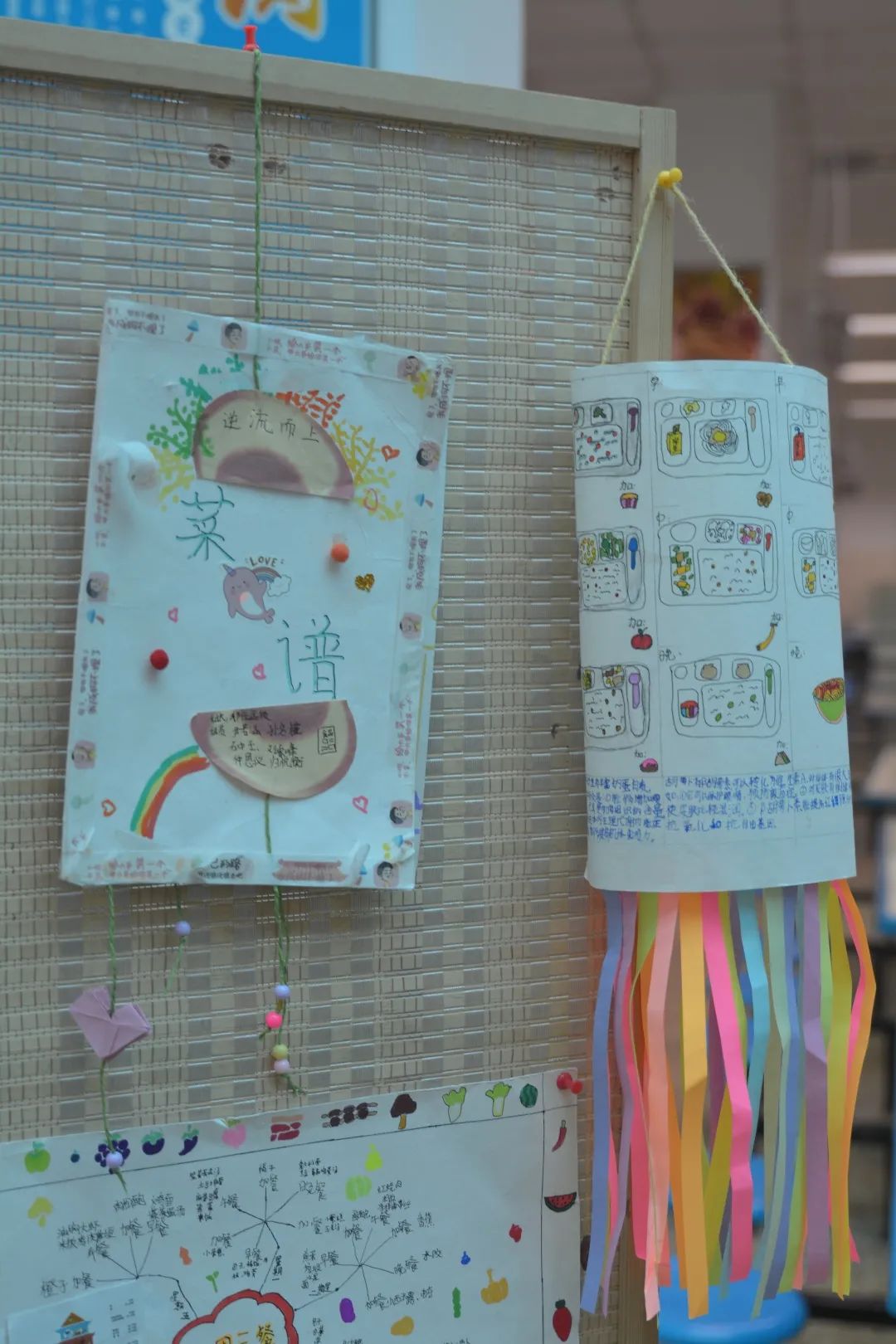
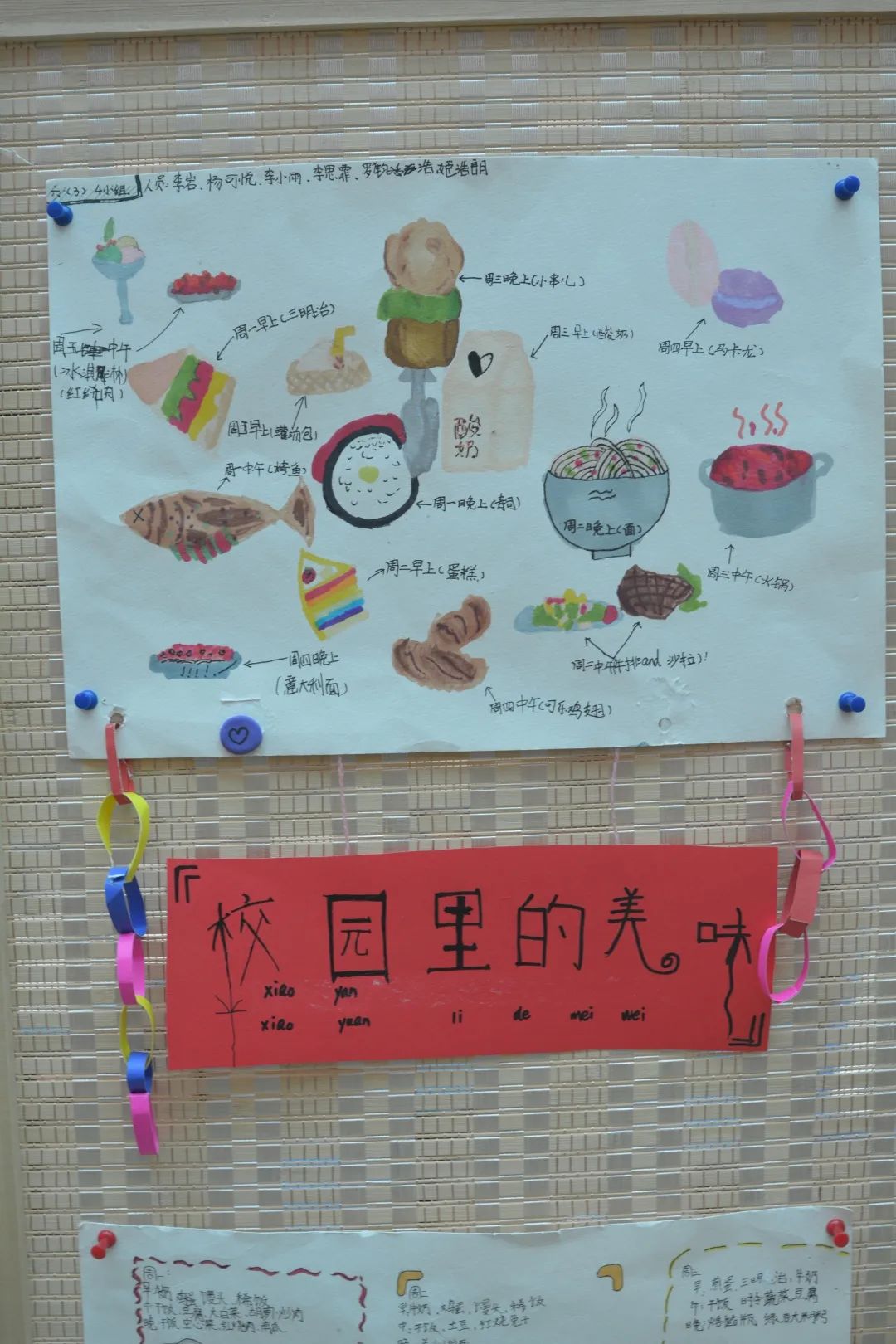
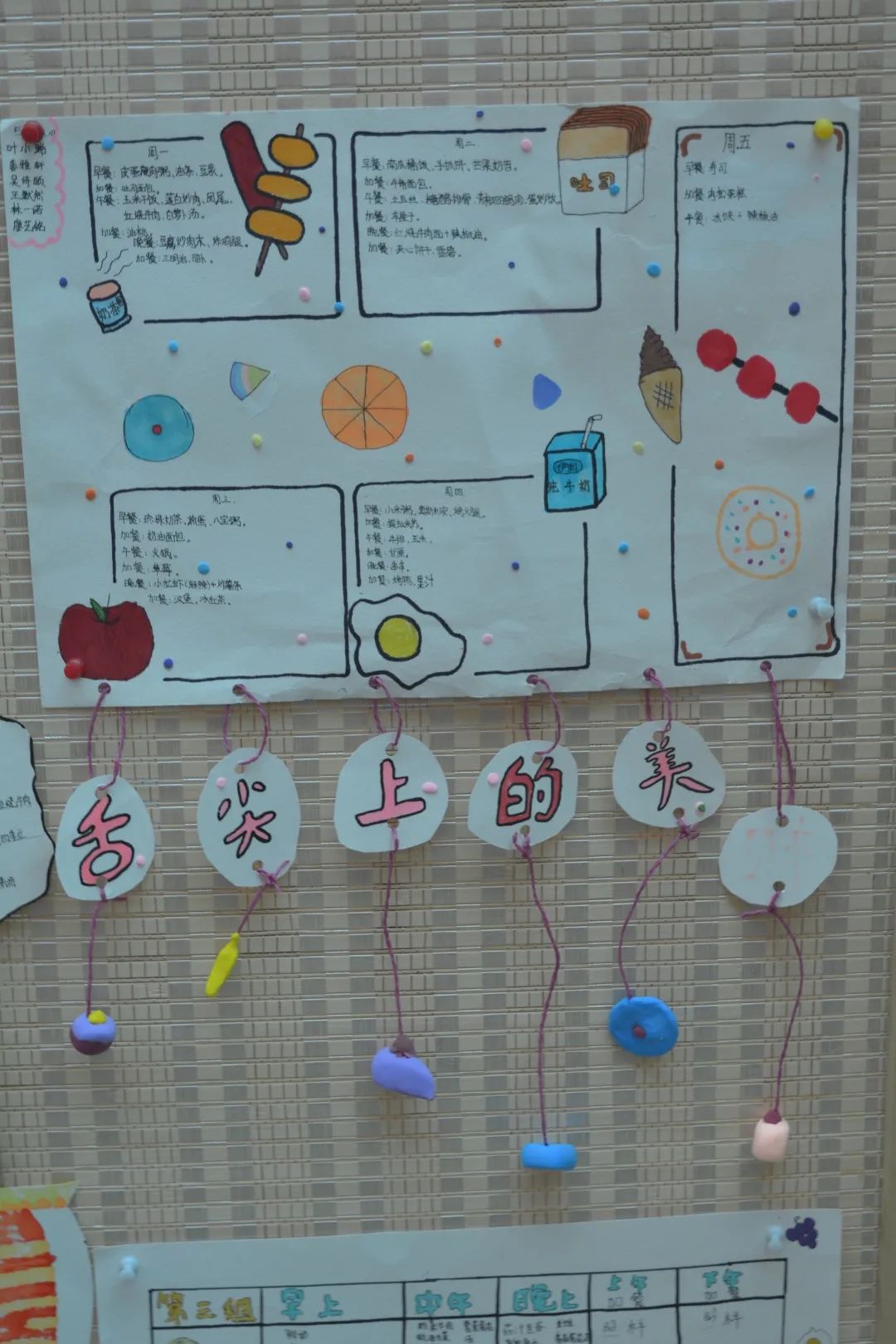
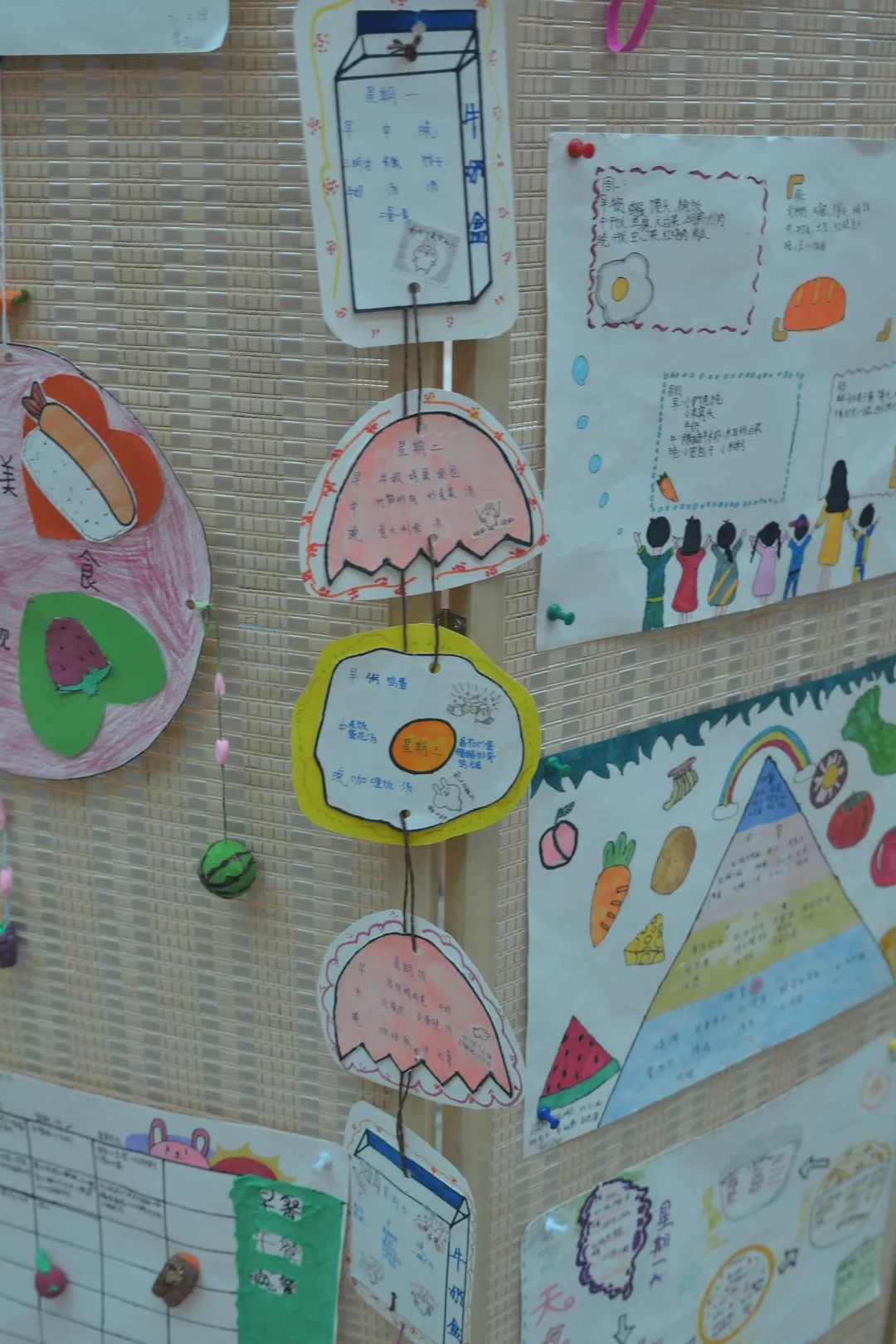
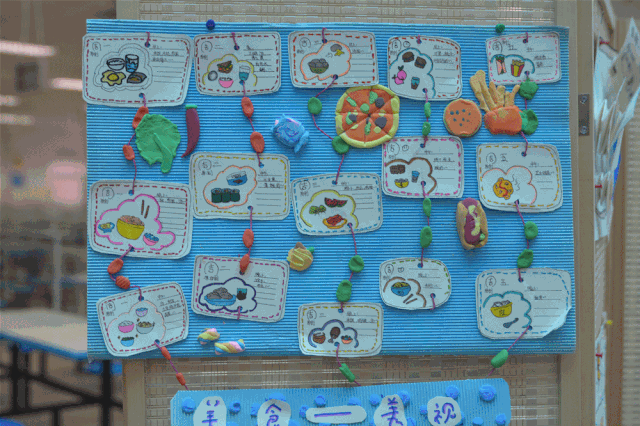
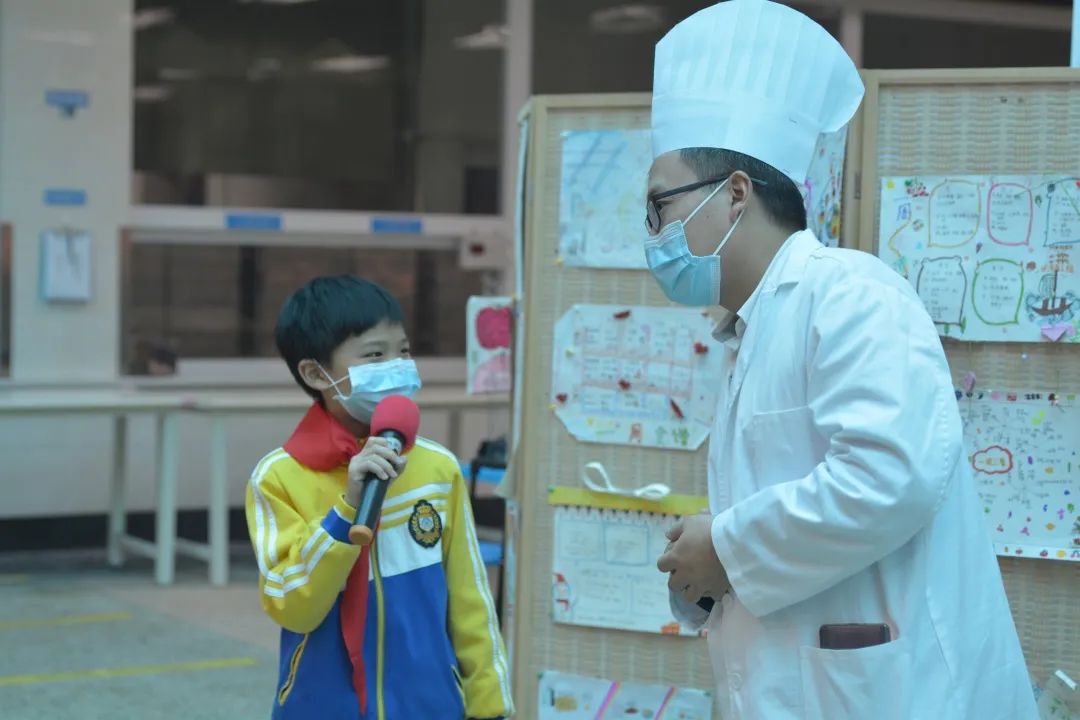

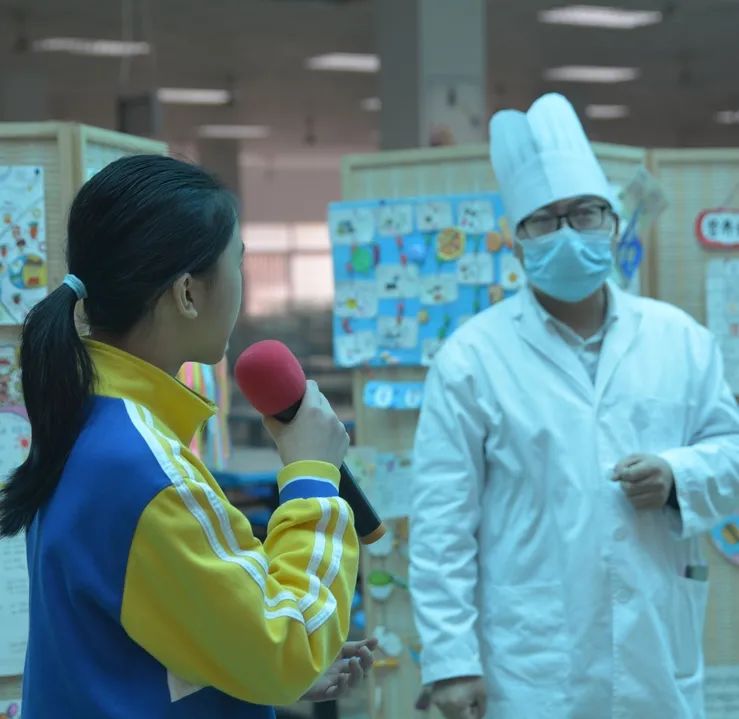

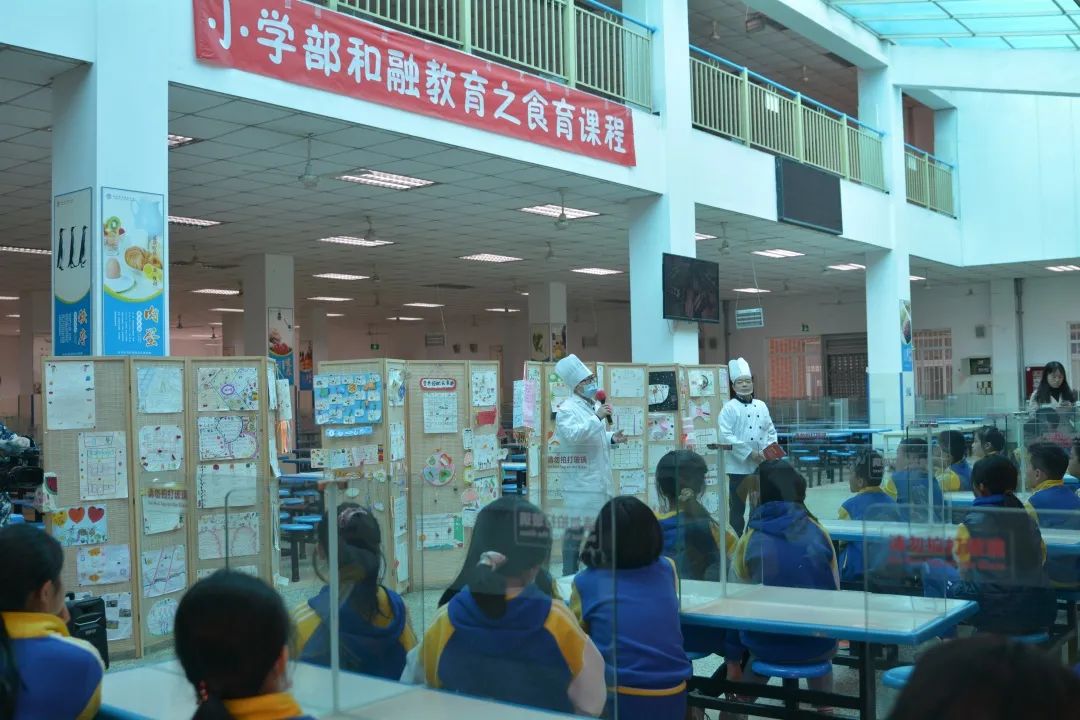
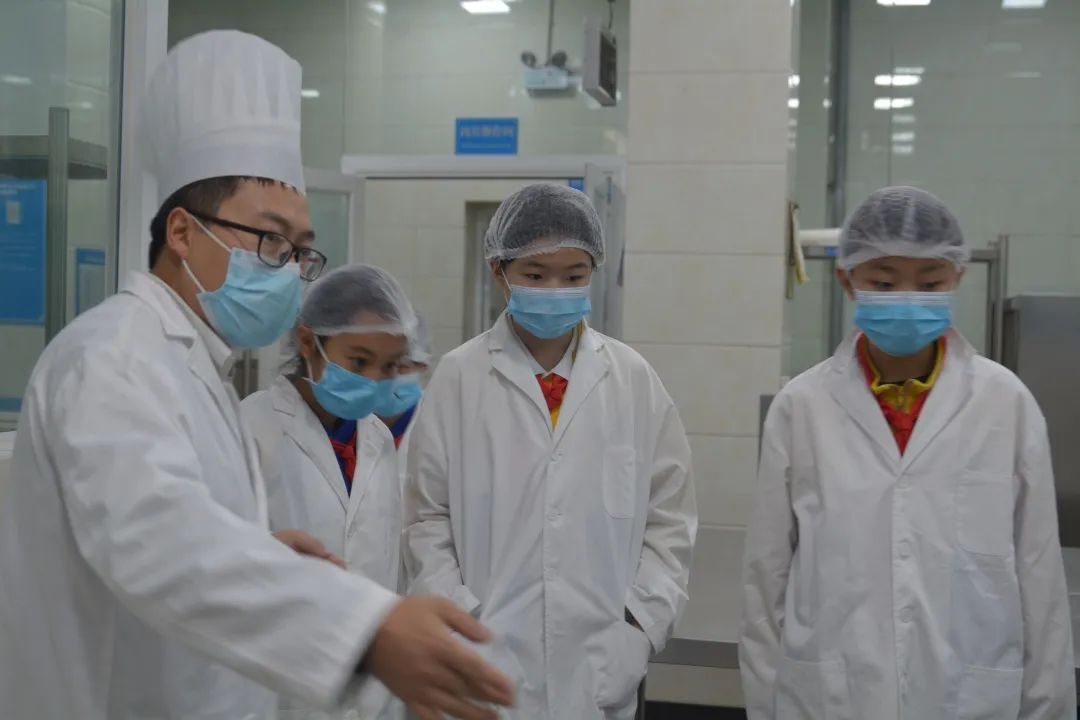

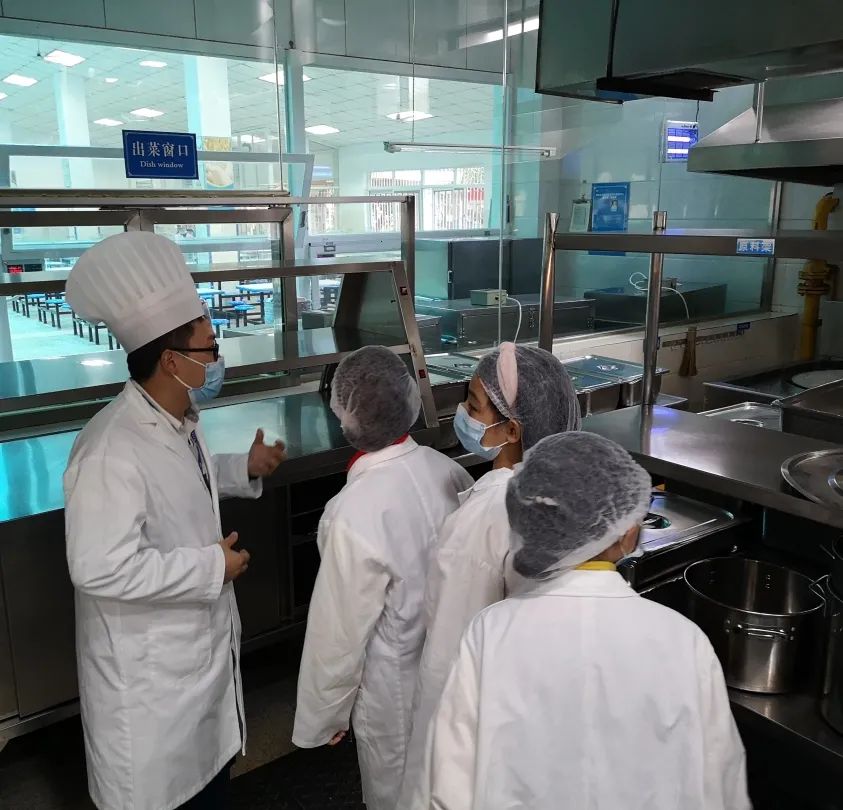

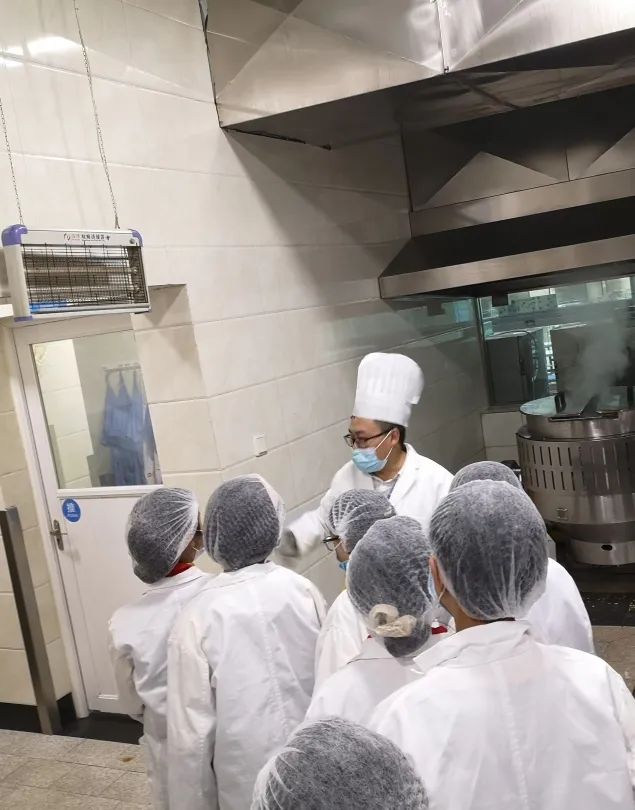
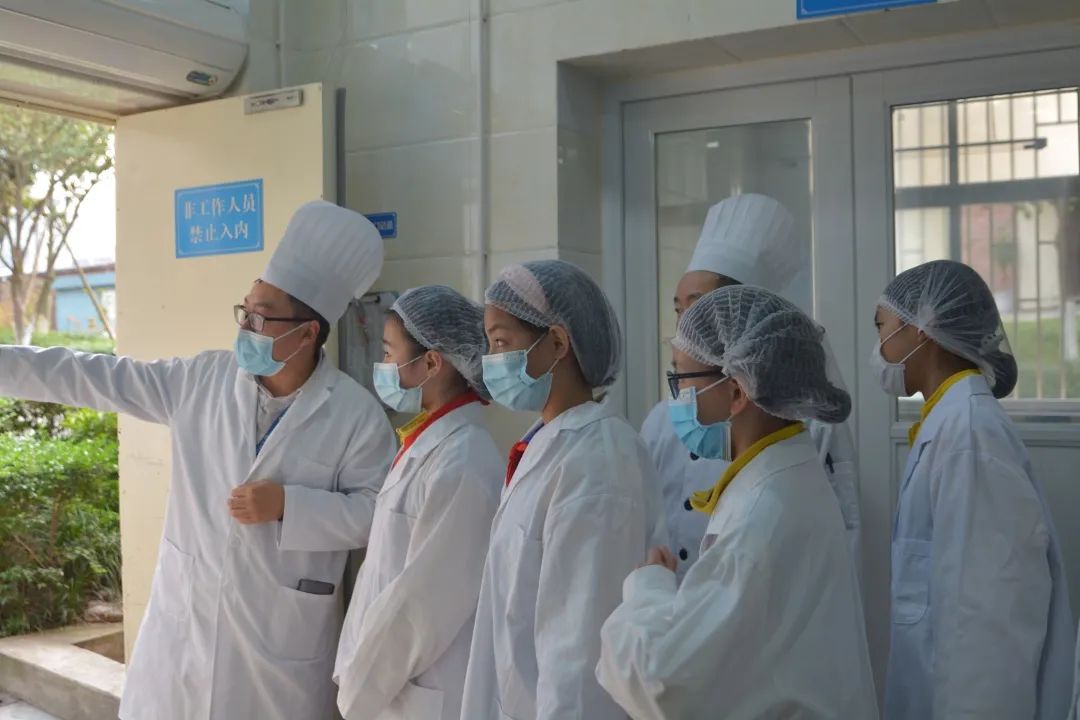

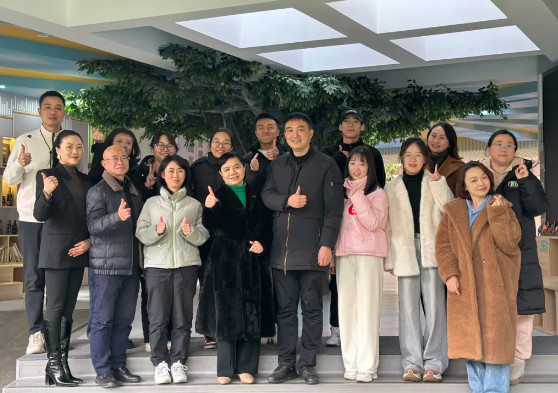
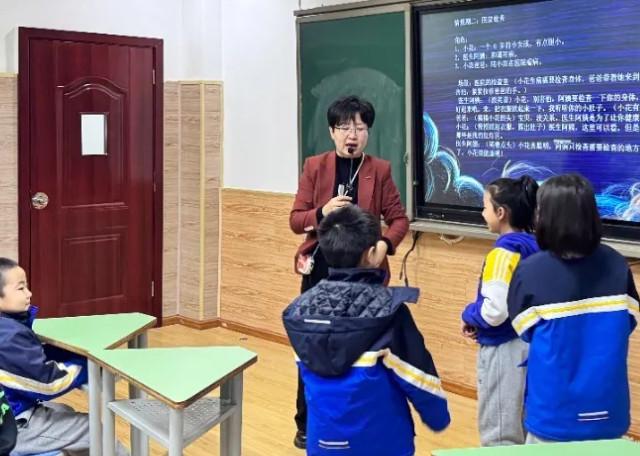
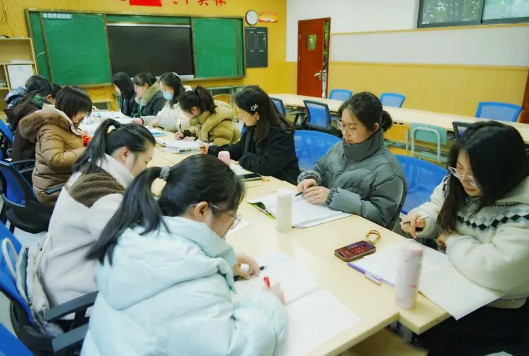
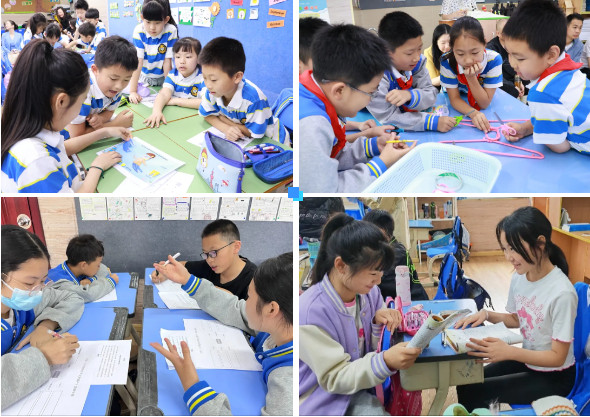
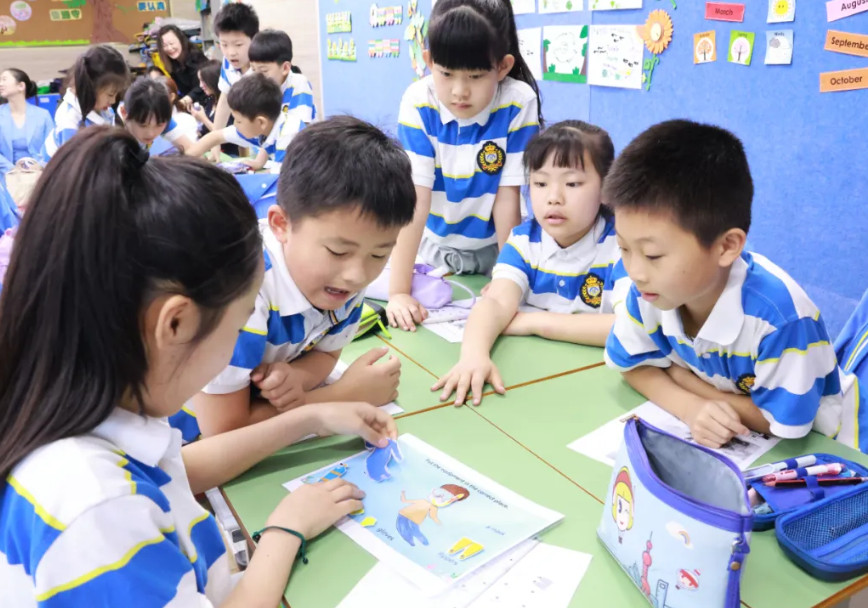
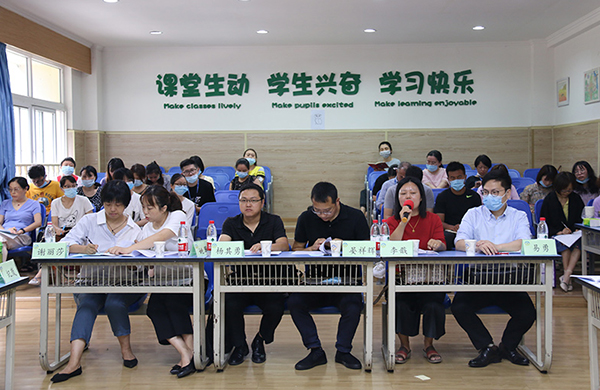
 关注我们
关注我们